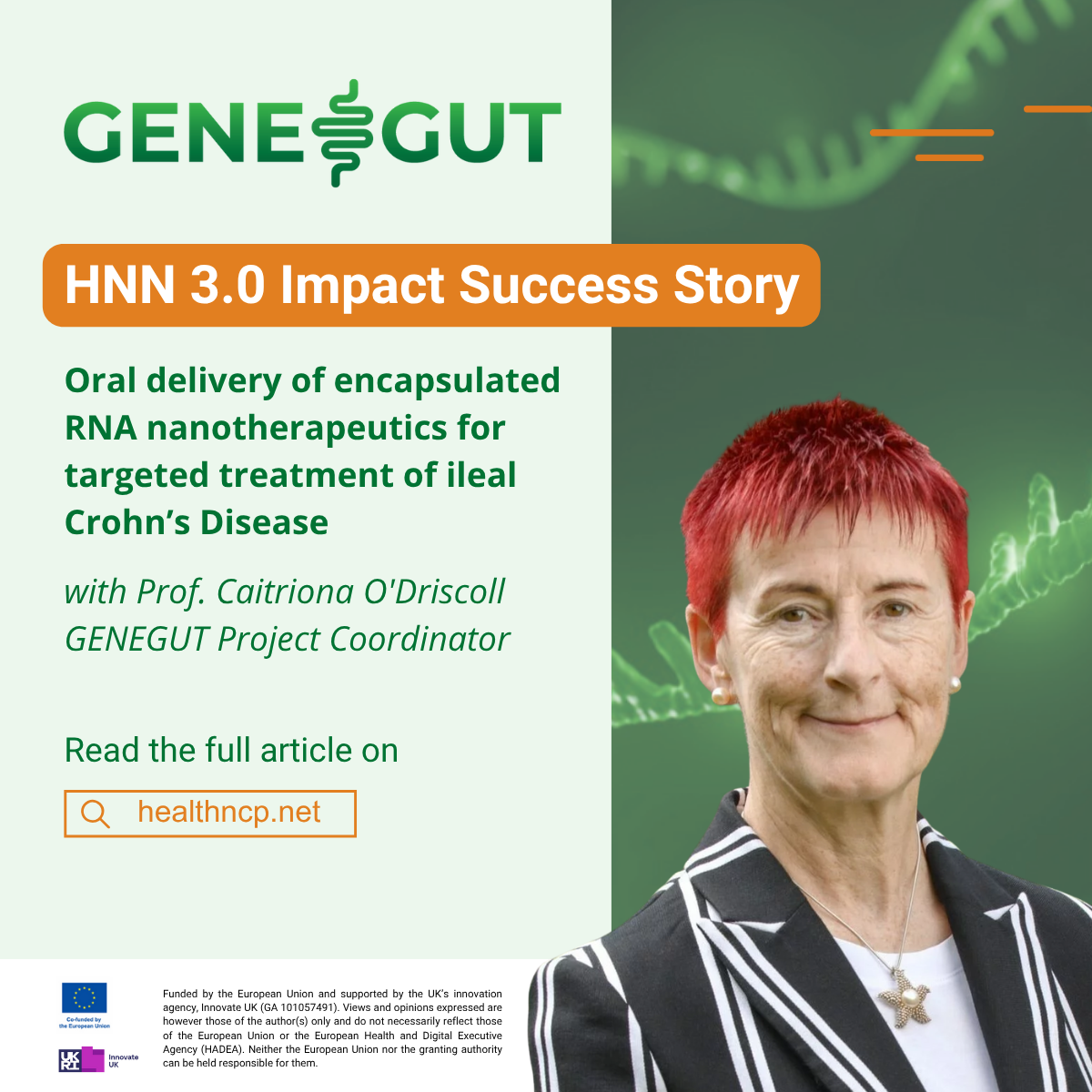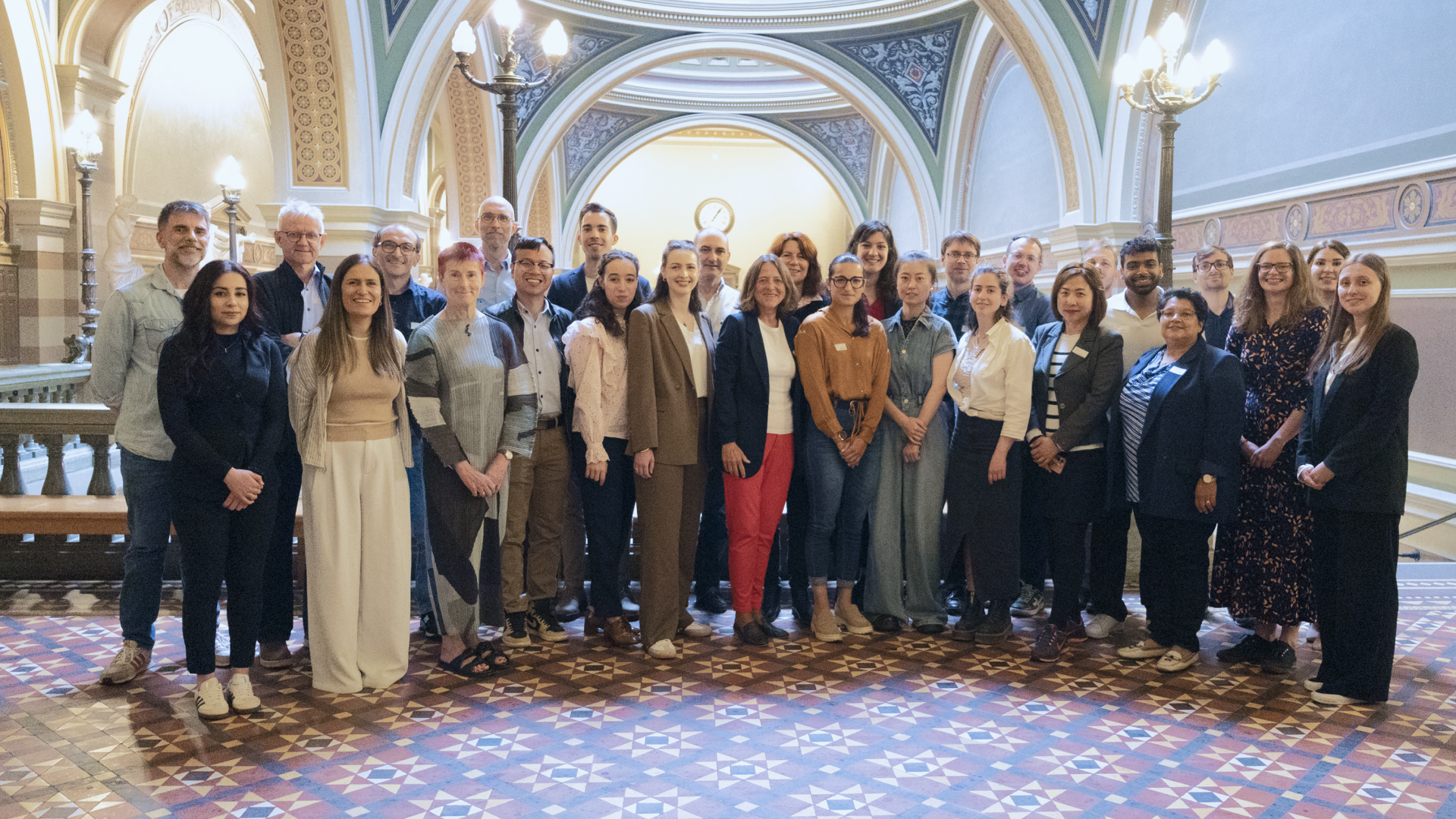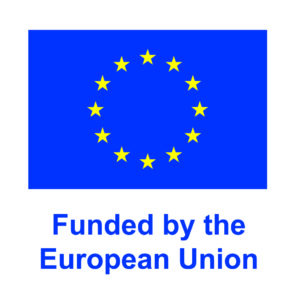
HNN 3.0 Success Story: Caitriona O’Driscoll on leading GENEGUT towards an oral RNA-based therapy for Crohn’s Disease
Prof. Caitriona O’Driscoll, coordinator of the GENEGUT project, was recently interviewed by HNN 3.0 as part of their Horizon Health Impact Success Stories series.


